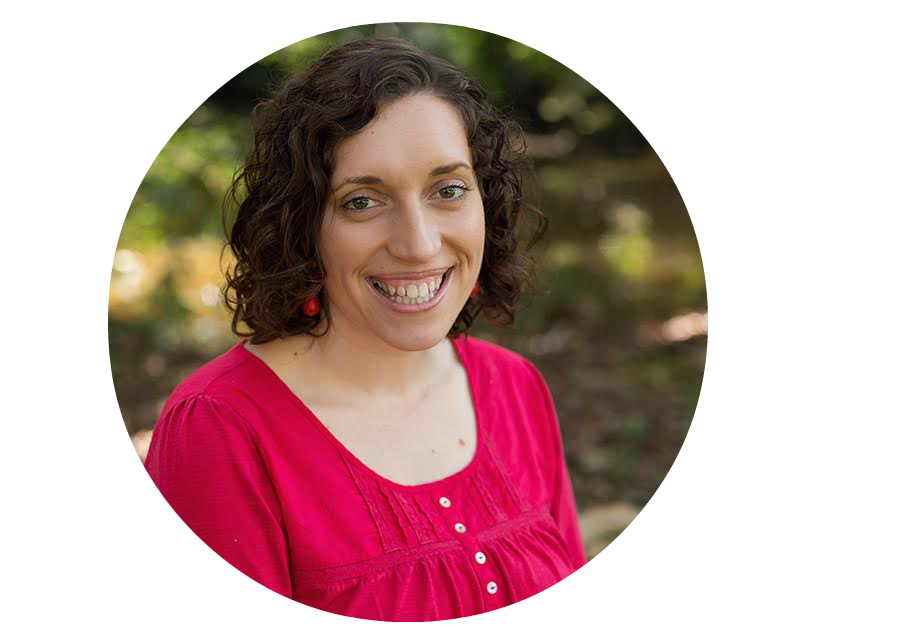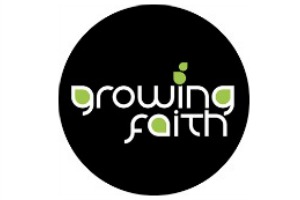As Christmas rapidly approaches, I have been reminded of the changes to life. As one year draws to a close, real estate signs pop up all over the place, and it becomes apparent that people are moving away, moving up, or moving on. Every day there are decisions to make- from what will I eat to breakfast to how will I share the gospel with my neighbour. Then, there are the really big ones- who will I marry? will I marry? will I go to university? will I change careers? will I apply for that job? will we try for another child? Decisions, decisions, decisions. Perhaps, one of the most frequently asked questions within Christianity is “What is God’s will for my life?”
David Platt, in his book “Follow Me” attempts to address this question. He writes, “We operate as if God’s will were lost. And we’ve devised an assortment of methods for finding it” (p.125). Platt continues to summarise these methods (that I’ve summarised below) as I have found this really helpful in identifying ‘methods’ I use that aren’t used in the Bible and yet have crept into Christian vernacular:
- Random Finger Method- This methods is where in order to know God’s will, you close your eyes, flip to a spot in your Bible at random and use your finger to select a verse, assuming that this random verse will detail God’s will for your life. The often used example to prove this isn’t reliable is when a person opens their Bible and randomly gets to “And throwing down the pieces of silver into the temple, he departed, and he went and hanged himself.” (Matthew 27:5). Finding this unsatisfactory, the user then randomly selects, “He said, “The one who showed him mercy.” And Jesus said to him, “You go, and do likewise.”” (Luke 10:37). Quickly, we can see that this is not the right approach to ‘finding’ God’s will.
- Astonishing Miracle Method- In this method, people search for astonishing miracles. They wait for a burning bush moment like Moses had, or a visit from Jesus like Abraham. The problem with this is, they aren’t very common occurrences. They are called miracles for a reason and as such, waiting for one of these miracles to occur before making a career move or a decision will mean we will either read into things that aren’t actually from God, or we will just sit around too scared to ever make any decision.
- Striking Coincidence Method- Here, Platt illustrates that this method waits for coincidences to occur in order to make decisions. You are wearing the same colour as that guy, so you assume this is God telling you he is the one you should marry. The problem here is, after you have organised the wedding in your head, another guy walks into the room wearing the same colour- is this actually the right guy for you? Or was God telling you the first one was? It all gets very confusing and you end up becoming so unsure as to what was God talking that you don’t make any decision, or you make hasty decisions based on silly assumptions.
- Cast the Fleece Method- In this fourth approach to ‘finding’ God’s will, we test God in order to see what His will for us is. Like Gideon, we pray that God would do A, if we are meant to make decision A; or do B, if we are meant to make decision B. In this method, we completely forget the verse that Jesus refers to in Matthew 4:7, “Jesus said to him, “Again it is written, ‘You shall not put the Lord your God to the test.’””
- Still Small Voice Method- In this method, we wait for God to speak in a still, small voice, telling us what to do. This approach takes 1 Kings 19:11-12 completely out of context and applies God speaking to Elijah in a still, small voice to our decision making process today. There is a great article going into more detail about this over at Matthias Media.
- Open/Closed Door Method- This is the method I hear about the most. In this method if things work well, or an opportunity presents itself, it means it is God’s will. Likewise, if things work bad or seem difficult or in fact don’t go ahead, we assume it is not God’s will. This approach misapplies Luke 11:9-10 that says, “And I tell you, ask, and it will be given to you; seek, and you will find; knock, and it will be opened to you. For everyone who asks receives, and the one who seeks finds, and to the one who knocks it will be opened.” To correct apply this verse we need to continue reading to the conclusion in Luke 11:13, “If you then, who are evil, know how to give good gifts to your children, how much more will the heavenly Father give the Holy Spirit to those who ask him!” Here, we see that these verses are actually pointing to salvation, when the Holy Spirit is given to God’s people.
Do any of these approaches ring true for you? To conclude this section in Platt’s book, he writes: “With good intentions, we try hard to use various methods to find God’s will. But what if God’s will was never intended to be found? In fact, what if it was never hidden from us in the first place? What if God the Father has not sent his children on a cosmic Easter egg hunt to discover his will while he sits back in heaven saying, “You’re getting colder…warmer.. colder…”? And what if searching for God’s will like this actually misses the entire point of what it means to be a disciple of Jesus?” (pp.127-128).
How then, do we know God’s will for our life? Stay tuned for Part 2 out next Monday!
Adapted from: David Platt. (2013). Follow Me: A Call to Die. A Call to Live. Illinois: Tyndale House Publishers, Inc.








